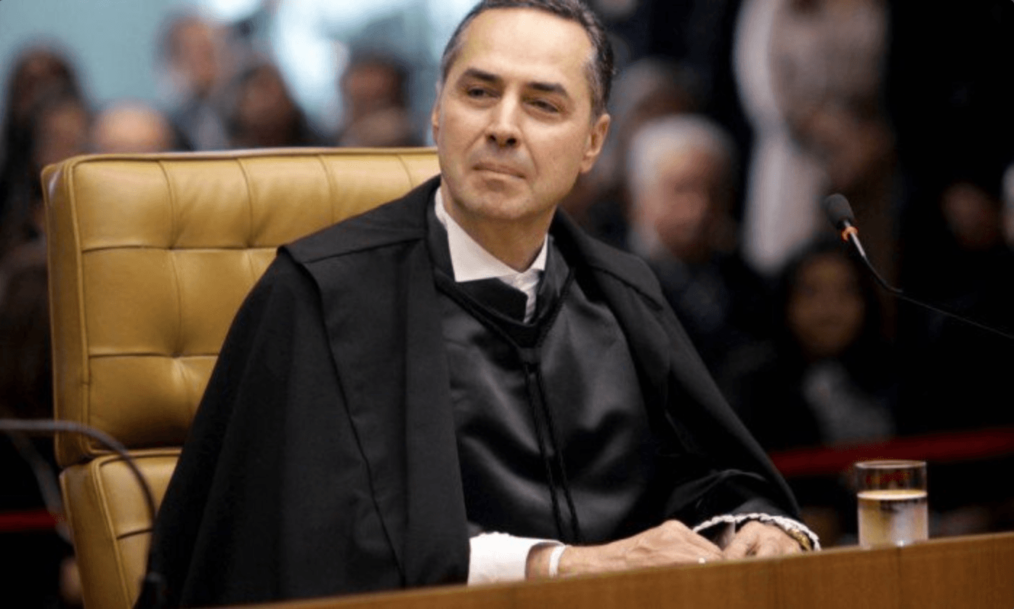
Legalization of Drugs in Brazil
Brazil continues to wage war against drug trafficking, prioritizing police and arrests. This past April, President Michel Temer deployed the Army to occupy the areas controlled by drug traffickers in Rio de Janeiro. Traffickers sought to maintain the trafficking operations, stay hidden, and let the smoke settle. They planned to return and regain control of the poor communities of Rio’s favelas once the Army pulled out.
The usual response of the security forces is in many ways contradictory. They seem to cooperate and fight the drug gangs, or commandos, simultaneously. Moreover, they accept bribes and let the drug traffickers take care of the slums, in a complete absence of the state. The country is marked by constant deaths and violence, against police officers, drug traffickers, and civilians.
Luiz Eduardo Soares’ book, Elite Squad, realistically sheds light on the interactions between police and drug traffickers. The book depicts how when faced with a security system that punishes honesty, police officers only have three options: to become a corrupt and join the system, to omit oneself from the violence, or to go to war. However, the Brazilian police are ill-equipped to go to war. They remain poorly trained, poorly equipped, and poorly paid. At the end of the day, these police officers have hopes and dreams and families at home. They do not want to go to war and risk putting their head in the path of the guillotine.
So how does the war on drugs continue under a context of intense police corruption and poor working conditions? This occurs in two main ways. Firstly, elite police squads are responsible for most of the incursions against drug traffickers. The ROTA acts in Sao Paulo, while the BOPE, which is represented in Elite Squad, acts in Rio de Janeiro. They are not paid any better than the usual police, but have a much more intensive training and are better equipped. Corrupt officers have no chance on these squads and are kicked out if they happen to sneak in after the tough and humiliating training they have to go through, in order to join the squad. The second option is to deploy the armed forces, usually the army or naval fusiliers when a politician needs a boost on his approval rating or Brazil is hosting a big international event, such as the World Cup.
The growing consensus around the world, among experts, politicians, and jurists, is that the War on Drugs has failed and that it only serves to shake up the ranks of criminal organizations and exacerbated the violence in poor communities all around the world. Luis Roberto Barroso, minister of the Brazilian Supreme Federal Court, defends the legalization of drugs as a way to counter this failure. According to Barroso, after 40 years, billions of dollars, and thousands of lives ruined through killings or imprisonments, things are far worse.
The main argument of Barroso is that drugs are bad and therefore it is the role of the state to “discourage consumption, treat dependents and repress trafficking”. He adds that legalization should be applied as a means towards achieving these goals. More than that, it is important to dismantle the drug traffickers’ strongholds in Brazil, which convince and force those living in poverty to join their ranks.
Barroso also compares the current situation to the cigarette issue. Cigarettes were not forbidden, but many restrictions have been imposed on advertising, the minimum age to purchase, and hefty taxes have been applied. As a result, in the past twenty years, the consumption of cigarettes in Brazil has been cut in half.
The criminalization of drugs in Brazil assists numerous people. It helps the drug traffickers that maintain their monopoly. It also helps the politicians who are corrupt and look for a scapegoat for the angers of the population about the high violence. Furthermore, it aids the police and the perverse public security system, which is deep in corruption. The one group it does not help is the working class. They continue to live under the violence and attempt to earn an honest living. However, they are met again and again with failure because of the control and temptations that drug traffickers spread throughout the favelas.
The solution is clearly to legalize drugs, but given that criminalization benefits so many powerful people, society as a whole will keep suffering from this failed policy. While corruption reigns supreme in Brazilian politics, the poor man will keep suffering, the traffickers will keep profiting, and the police will either become more corrupt or blatantly ignore the problems. Furthermore, the elite squads will remain at war against drug traffickers. Brazil’s drug problem is a reflection of its corruption problem. Legalizing drugs could be a start on solving the larger national problems. It is better to take small measures and improve the lives of many than to do nothing at all and ignore the issues that affect millions of people.
